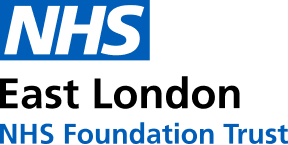About theory and practice of body oriented psychological therapy
"There is a long tradition of emphasising the importance of working with and through the bodily realities and subjective body experiences in psychotherapy. The literature refers to a variety of different schools and employs terms such as "Body Psychotherapy", "Body-Oriented Psychological Therapy", "Somatic Psychology" etc. According to Heller (2012) Body Psychotherapy (BPT) is an umbrella term for all psychotherapies 'that explicitly use body techniques to strengthen the developing dialogue between patient and psychotherapist about what is being experienced and perceived … the body is considered a means of communication and exploration' (p. 1).
In BPT, the body is not understood as distinct from the mind – an entity that stands over and against it. Also, based on its holistic view of human existence, the therapeutic process in BPT fundamentally differs from those within so called talking therapies. BPT addresses the inseparable cognitive, emotional, perceptual and physical aspects of self-experiences within a given psychosocial context.
Distinctive hallmarks of all body psychotherapies are:
- Body activity and experiences are considered fundamental for the exploration of self and other in dialogical enactments, and hence they are regarded as important for diagnostic and therapeutic processes in therapy;
- Due to its experiential and enactive nature, the therapeutic relationship in BPT is centred around immediate and interactive self / body experiences, involving body awareness, (at times) direct physical contact (e.g. touch) and psychomotor expression;
- The full range of expressive behaviours (posture, gestures, facial expression, movement) is flexibly and dynamically engaged; these are therapeutically utilised as required; 4. BPT recognises and emphasises the importance of creativity and personal resources/skills/capabilities for effective affect- and self-regulation.
Theory and practice in BPT has changed significantly over time. Body psychotherapy has been motivated by and formulated in terms of heterogeneous theoretical frameworks. Following a brief description of those historic roots and developments, we suggest in this article that BPT can find a new fruitful underpinning within the framework of radically embodied and enactive cognition. Hereby the paradigm is shifting emphasis from the 'what' is experienced to the 'how' of experiencing." (Röhricht et al. 2015)
